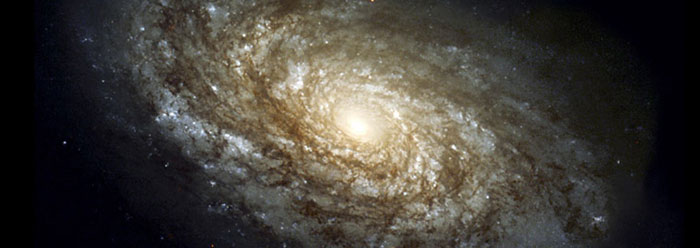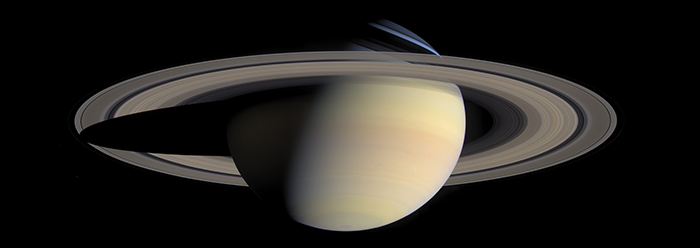Atheism is a worldview in which there is no God. Adherents believe that life sprang from natural forces, not an intelligence, and that the cosmos made itself--or at least organized itself out of raw materials that were just there. "New atheists" include Richard Dawkins, author of The God Delusion; Christopher Hitchens, who wrote God Is Not Great: How Religion Poisons Everything; and Sam Harris, with The End of Faith: Religion, Terror, and the Future of Reason. Their bestselling books are characterized by vitriolic disdain for those who believe in God.
The new atheists do not restrict themselves to passive disbelief. Rather, they actively admonish others to not believe in God, and take strong steps to rid the world of its "contemptible" acknowledgement of any deity, and especially of theism.1 As Dawkins said, "I do everything in my power to warn people against faith itself."2
An ironic feature of new atheism is its strong faith in the inferiority of having faith. Before they attack it, new atheists first redefine faith to mean "belief without evidence." Then they limit evidence to that which can be tested through empirical science.3 This is absurd, like requiring an experiment to prove a father's love for his children. Just as we use our senses, logic, and circumstantial evidence to deduce the truth of a father's love, we can discover God through non-empirical means.
New atheists believe that empirical science is the true path to understanding. However, since the very concept of "empiricism"--that science is the only way to "know" something--is not itself a product of any scientific experiment, it distills to a faith after all. Faith is not "belief without evidence," but rather a decision to reckon as true (actual or real) something that is not visible. Empiricism is an idea. Ideas are not visible. New atheists therefore have strong faith, though not in God.4
Many popular philosophies are self-refuting, which means that they do not meet their own standards and thus self-destruct.5 One example of a self-refuting claim is the common statement "all truth is relative." This cannot be. If all truth is relative, then the supposed truth that "all truth is relative" would itself be relative, and therefore not true. Consider the assertion "we cannot ultimately grasp meaning in an absolute way." If that were true, then one would not be able to grasp the meaning of that very statement.
A good way to deal with self-refuting truth claims is to ask honest questions about them. For example, a response to the assertion "all truth is relative" could be to ask, "So, is that relatively true?" Likewise, one who denies that truth is knowable could be questioned with, "How can we then know for sure that truth cannot be surely known?"
Empiricism is also self-refuting, and therefore should not be believed. Its essence could be stated as "experimental science is the only way to know something for sure." We might then ask, "What was the scientific experiment that demonstrated that experimental science is the only way to know something for sure?"
In contrast to the self-refuting doctrines that atheism must hold to, theism is aligned with the reality of a transcendent and necessary Being; not, as new atheists claim, with a fairy tale. Biblical theism begins with the sensible concept, assumed in Genesis, of an infinite Creator who formed a finite creation. Knowledge of our holy God is generally available through our observation of the natural world. This is enough to reveal man’s sin-induced separation from Him.6 However, only the Bible reveals that He has performed the necessary work to reconcile us back to Himself through His Son Jesus Christ, and for His glory.7 So based on the evidence of what He has made and done, we can believe in and know Him.
References
- Theism is a worldview that holds that there is one God who exists outside the universe and who created and sustains the universe. The three theistic religions are Judaism, Islam, and Christianity.
- Dawkins, R. 2006. The God Delusion. Boston: Houghton-Mifflin, 306.
- Empirical science uses the scientific method, and is therefore limited to investigating repeatable events in the physical realm.
- Geisler, N., and F. Turek. 2004. I Don't Have Enough Faith to Be an Atheist. Wheaton, IL: Crossway Books, 25-27.
- Ibid, 38-41.
- Romans 1:20.
- 2 Corinthians 5:18.
* Mr. Thomas is Science Writer.
Cite this article: Thomas, B. 2008. Empiricism: A Glaring Flaw of New Atheism. Acts & Facts. 37 (9): 15.













